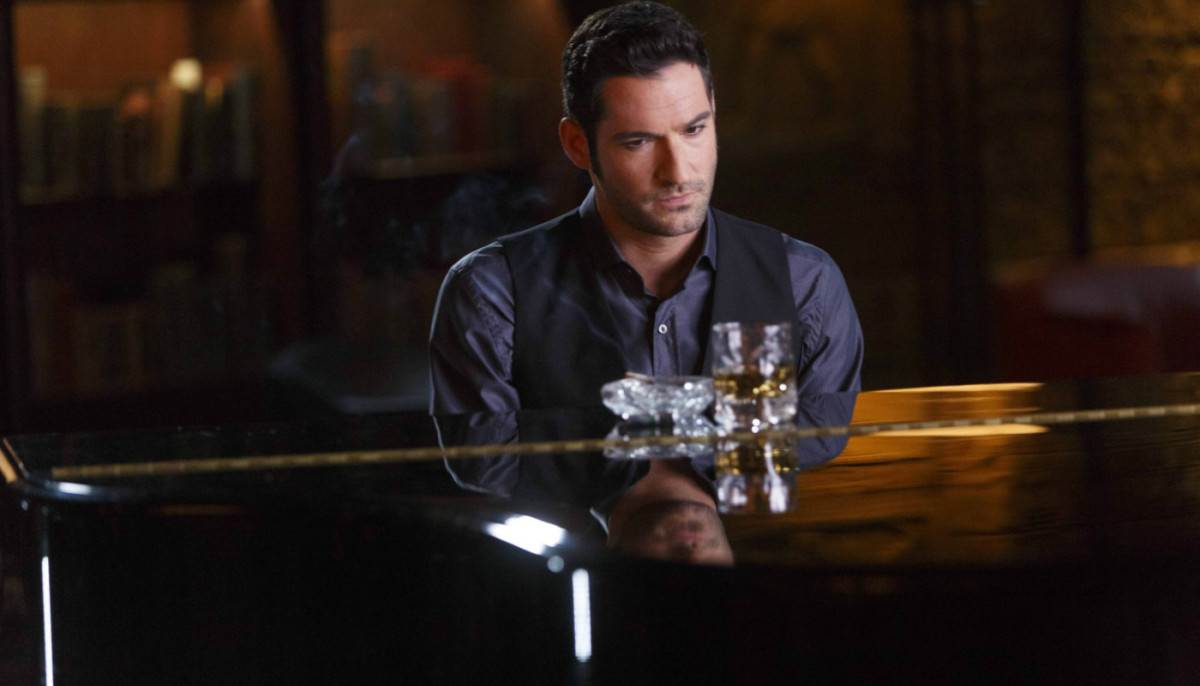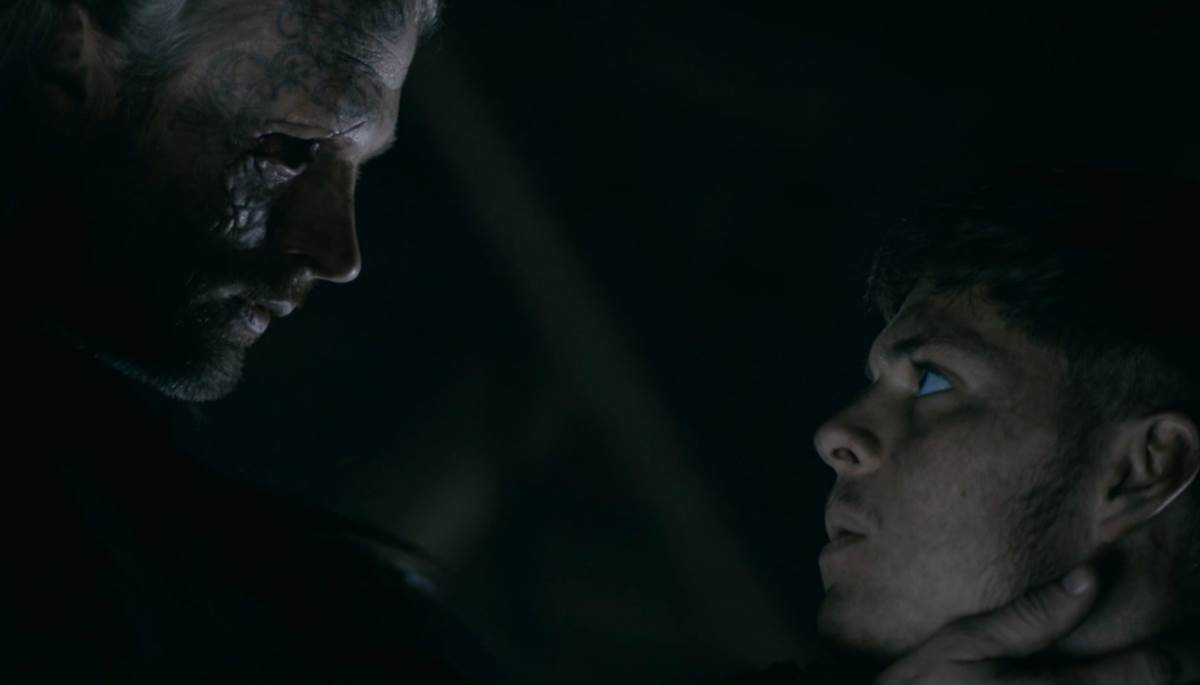From 1978 to just a few weeks ago, Andy Rooney entered our homes and faithfully delivered the cantankerous opinion pieces that concluded each new episode of 60 Minutes, like a sour candy at the end of a heavy meal. And just six weeks after retiring from the TV news magazine, Rooney passed away at age 92, from complications following a minor surgery. Clearly, Rooney was a man who lived for his work; when he was done, he was well and truly done.
There were 1,097 op-eds in all, in which Rooney griped and grumped about everything from Top 40 music (he had no idea what a Lady Gaga was), contemporary art (he called most of it “nonsense”), and watches (yes, he has a problem with wearable time pieces). Rooney was every cliche about irascible old people balled up beneath two jungly eyebrows. As such, you either loved him—the way you loved Carl Fredricksen, the lonely balloonist from Pixar’s Up—or tolerated him, like a crabby great uncle installed in some musty recliner since shortly after World War II. His gift, in his own words, was having “a knack for getting on paper what a lot of people have thought and didn’t realize they thought.” One thing he never did, however, was open a monologue with the words, “Did you ever notice how…?” That catchphrase was actually popularized by Joe Piscopo in his SNL impression of Rooney, but never uttered by Rooney himself.
One of my favorite Andy Rooney segments never appeared on 60 Minutes at all. Rather, it comes from Season 2 of HBO’s Da Ali G Show, and features Sacha Baron Cohen, in character as Ali G, interviewing Rooney at his iconic desk. How Cohen secured this interview with the notoriously fan-averse commentator I don’t know, but he did, and it offers a sublime glimpse into how Andy behaves when interacting with someone else—in this case, a grammar-mutilating hip-hop poser and complete ignoramus. When Rooney finally pulls the plug on the interview, G. asks, “Is it cause I is black?” leading to the greatest response ever: “You’re black? Who’s…huh? Who’s black?” I quote that line to my friends regularly, whenever a moment of confusion arises within the course of regular conversation.
Rooney managed to cause some controversy over the years. A 1992 column said Native Americans were “silly” for complaining about athletic team names like the Redskins. He wrote: “The real problem is, we took the country away from the Indians, they want it back and we’re not going to give it to them. We feel guilty and we’ll do what we can for them within reason, but they can’t have their country back. Next question.”
He was suspended for three months for a December 1989 piece in which he said that “too much alcohol, too much food, drugs, homosexual unions, cigarettes [are] all known to lead to premature death,” but the network reinstated him just four weeks later, when 60 Minutes suffered a 20 percent nosedive in the ratings. (Yes, he was that popular. Or maybe this was a show of solidarity with his views?) Rooney offered a mea culpa upon his return, in which he told his audience, “I’ve always had in my mind that I was doing some little bit of good. Now, I was to be known for having done, not good, but bad. I’d be known for the rest of my life as a racist bigot and as someone who had made life a little more difficult for homosexuals. I felt terrible about that and I’ve learned a lot.” But he still maintained that gays were “repugnant” in follow-up interviews as recent as 1996. It seemed as if his views about gays and gay marriage were “evolving,” however, to use President Obama’s term. In a 2004 essay, as President George W. Bush proposed to amend the U.S. Constitution to ban same-sex marriage, Rooney said, “If you want to make marriage more stable, make divorce illegal, [or] at least make it harder for two people to get married in the first place.”
There was also his deeply insensitive essay in 1994 on the suicide death of Kurt Cobain, during which Rooney complained that Richard Nixon’s death was being overshadowed by Cobain’s (though Rooney was no conservative—he long claimed to harbor a liberal bias) and that the suicide just angered him. “A lot of people would like to have the years left that he threw away,” Rooney said. “What’s all this nonsense about how terrible life is?” Of footage of a fan weeping over the loss of Cobain, Rooney sniped, “I’d love to relieve the pain you’re going through by switching my age for yours.” The following week, Rooney apologized, finally acknowledging—duh—that Cobain suffered from severe depression. He read out loud critical letters sent to him by outraged viewers.
Well, we all make our mistakes, I guess. At least Rooney was man enough to own up to them. Now who will point out to us the logical fallacies printed on cereal boxes? It’s the end of an era, to be sure.



 Movies News4 years ago
Movies News4 years ago


 Celebrities8 years ago
Celebrities8 years ago


 Movies News8 years ago
Movies News8 years ago


 Celebrities7 years ago
Celebrities7 years ago


